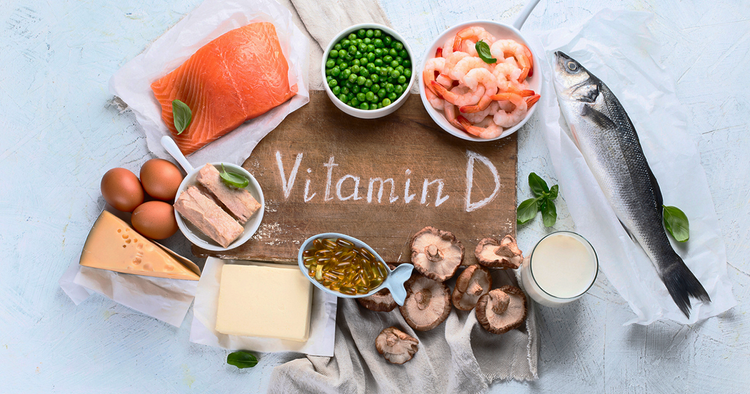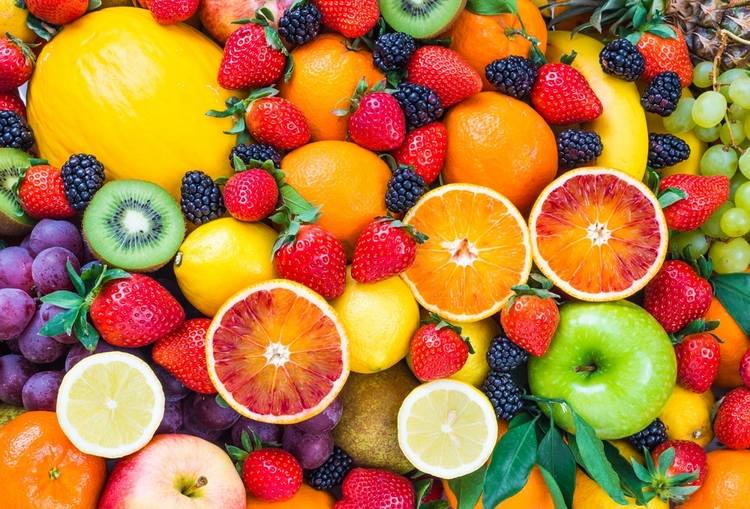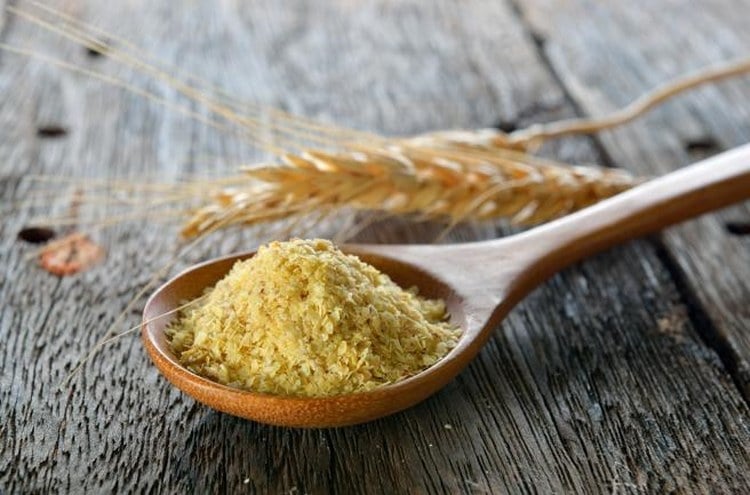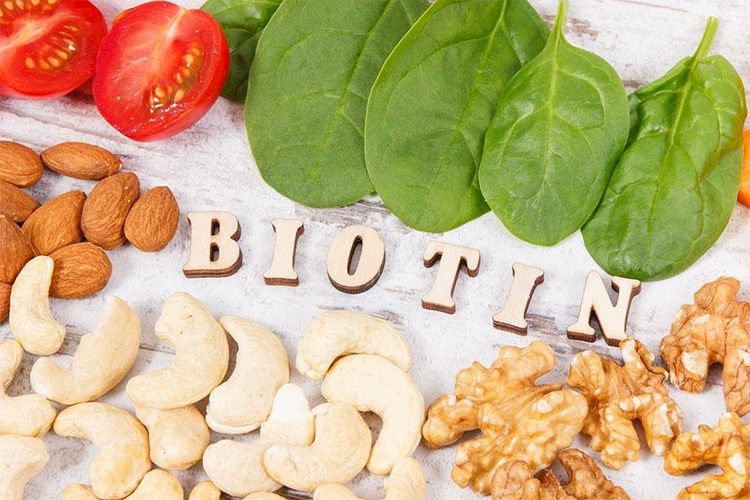Which vitamins lower blood sugar? Here is a short list
High blood sugar or hyperglycaemia can be caused by medication, chronic illnesses, or an imbalance in hormones. Diabetics can develop hyperglycemia if they do not take enough insulin or if they eat too many carbohydrates, especially simple carbohydrates that have a high glycemic index. Some research suggests that certain vitamins can help prevent hyperglycaemia by lowering blood sugar levels. In this article we tell you what vitamins it is.

Most of the vitamins can be found in food. If that is not possible, dietary supplements make sense. However, you should not try to regulate blood sugar irregularities with vitamin supplements without consulting your doctor.
Vitamin D and blood sugar levels

The more vitamin D you consume, the less likely you are to develop high blood sugar and type 2 diabetes with age, according to a study published in 2008 in the journal Diabetes. However, it is not yet known how vitamin D does this or whether an increased vitamin D intake can directly lower the levels of people who already have high blood sugar levels. Recent research from 2014 suggests that vitamin D in the brain can improve glucose tolerance and insulin sensitivity.

Healthy adults should consume at least 600 international units a day. The group of D vitamins includes vitamin D3 (cholecalciferol) and vitamin D2 (ergocalciferol). According to scientists, vitamin D3 is more effective or easier to use than vitamin D2. Vitamin D3 is mainly found in animal foods. There is a lot of vitamin D in eggs, fish, mushrooms and avocados. 85 grams of salmon contains 447 IU of vitamin D, while 250 ml of non-fat or whole milk provides 115 to 124 IU. An egg yolk provides the body with around 40 IU of vitamin D. 100 g of avocado with 200 IU is already the best vegetable source for vitamin D2, mushrooms contain around 80 IU.

Those who cannot completely cover their vitamin D requirements through food use vitamin supplements. Vitamin D3 as a dietary supplement is also sometimes combined with vitamin K2 in one capsule. Since vitamin D is fat-soluble, you should take it with a meal.
Vitamin C and blood sugar

Taking vitamin C supplements in people with type 2 diabetes can help lower blood sugar levels and control blood pressure throughout the day. This was the result of a study by Australian researchers, which was published in 2019 in the journal “Diabetes, Obesity and Metabolism”. The team at Deakin University in Victoria found that taking 500 mg of vitamin C twice a day can help people with type 2 diabetes by lowering blood sugar levels and minimizing post-meal blood sugar spikes. Participants showed a significant 36 percent drop in blood sugar levels after eating.
B vitamins and blood sugar
Effect of thiamine, vitamin B1

Thiamine, also known as vitamin B1, is necessary for the breakdown of fats, carbohydrates and protein for energy and for the health of the immune and nervous system. According to an article published in the Journal of Clinical Medicine Research in 2012, it is also a critical part of glucose metabolism. Type 1 diabetics often have low thiamine levels; in addition, a large number of people with high blood sugar also have a thiamine deficiency. However, it is not certain whether a diet rich in thiamine can prevent blood sugar problems.

Men need about 1.2 milligrams of thiamine daily, while women need 1.1 milligrams. 100 grams of wheat germ muesli contains almost 2 milligrams of thiamine, which is more than 100 percent of the recommended daily amount for an adult. 85 grams of pork fillet with 1 milligram of thiamine covers 67 percent of a man's needs and 73 percent of a woman's needs.
Effect of vitamin B6 on blood sugar

The average adult needs about 1.3 milligrams of vitamin B6 or pyridoxine a day. Vitamin B6, which is required for the synthesis of antibodies and hemoglobin in the red blood cells, also plays a role in maintaining a constant blood sugar level. A study published in the Journal of Nutrition in 2012 showed that low vitamin B6 intake is associated with increased levels of inflammation in the body and a higher risk of developing a variety of diseases, including diabetes. Additional studies are needed to determine whether a higher intake of vitamin B6 can directly help regulate blood sugar. To make sure you get enough vitamin B6, eat regular foods like bananas, beans, nuts, poultry, avocados, and whole grains.
Effect of biotin, vitamin B7

An article published in the Journal of Nutritional Biochemistry in 2005 concluded that B-vitamin biotin stimulates the production of compounds such as insulin that regulate blood sugar and inhibits the synthesis of enzymes that are responsible for the production of glucose in the body Liver are responsible. The article also reported that people who do not consume enough biotin are more likely to have impaired glucose tolerance and higher blood sugar levels.

The recommended daily dose of biotin for adults is 30 micrograms. A whole boiled egg provides 10 micrograms of biotin, 85 grams of salmon contains about 7 micrograms, and oatmeal has 20 micrograms per 100 grams. Other good sources of biotin are liver, legumes, nuts, herring, and mushrooms such as mushrooms, shiitake mushroom, and porcini.
The post Which vitamins lower blood sugar? Here is a short list appeared first on Deavita.com | Living ideas, design, hairstyles, make-up, lifestyle, health and beauty tips.





















